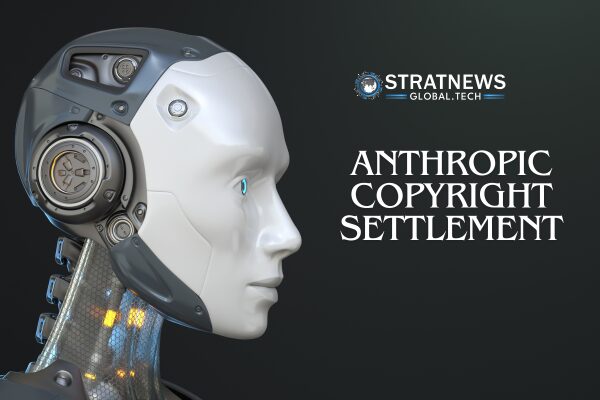Judge Backs $1.5 Billion Anthropic Copyright Settlement
A federal judge in California has preliminarily approved a landmark $1.5 billion settlement in a copyright class action brought by authors against artificial intelligence company Anthropic. The case marks the first major resolution among a wave of lawsuits accusing tech firms of misusing copyrighted works to train AI systems.
U.S. District Judge William Alsup called the proposed deal fair during a Thursday hearing, according to the authors’ representatives. Final approval will depend on notifying affected authors and allowing them to file claims.
Authors Hail a Step Toward Accountability
The lawsuit was filed last year by authors Andrea Bartz, Charles Graeber, and Kirk Wallace Johnson. They accused Anthropic—backed by Amazon and Alphabet—of using millions of pirated books to train its AI assistant Claude.
The authors said Thursday’s ruling was a milestone for protecting creators’ rights. “This brings us one step closer to real accountability for Anthropic and puts all AI companies on notice they can’t shortcut the law or override creators’ rights,” they said in a joint statement.
Publishing industry leaders echoed the sentiment. Maria Pallante, president of the Association of American Publishers, described the deal as “a major step in the right direction in holding AI developers accountable for reckless and unabashed infringement.”
Court Findings and Settlement Context
Judge Alsup previously ruled in June that Anthropic made fair use of the authors’ works for training. However, he also found that the company violated copyright by keeping more than seven million pirated books in a central digital library. Those files were not necessarily tied to AI training, and their storage left Anthropic exposed to large-scale liability.
A trial was originally set for December, with potential damages reaching into the hundreds of billions. The $1.5 billion settlement avoids that risk while providing compensation to affected writers.
Anthropic’s Response
Anthropic’s deputy general counsel, Aparna Sridhar, said the settlement allows the company to concentrate on its broader mission. “We can now focus on developing safe AI systems that help people and organizations extend their capabilities, advance scientific discovery, and solve complex problems,” she said.
The decision may set a precedent for other ongoing copyright cases against major players in the AI industry, including OpenAI, Microsoft, and Meta Platforms, as courts grapple with how creative works can be used in machine learning.
with inputs from Reuters


